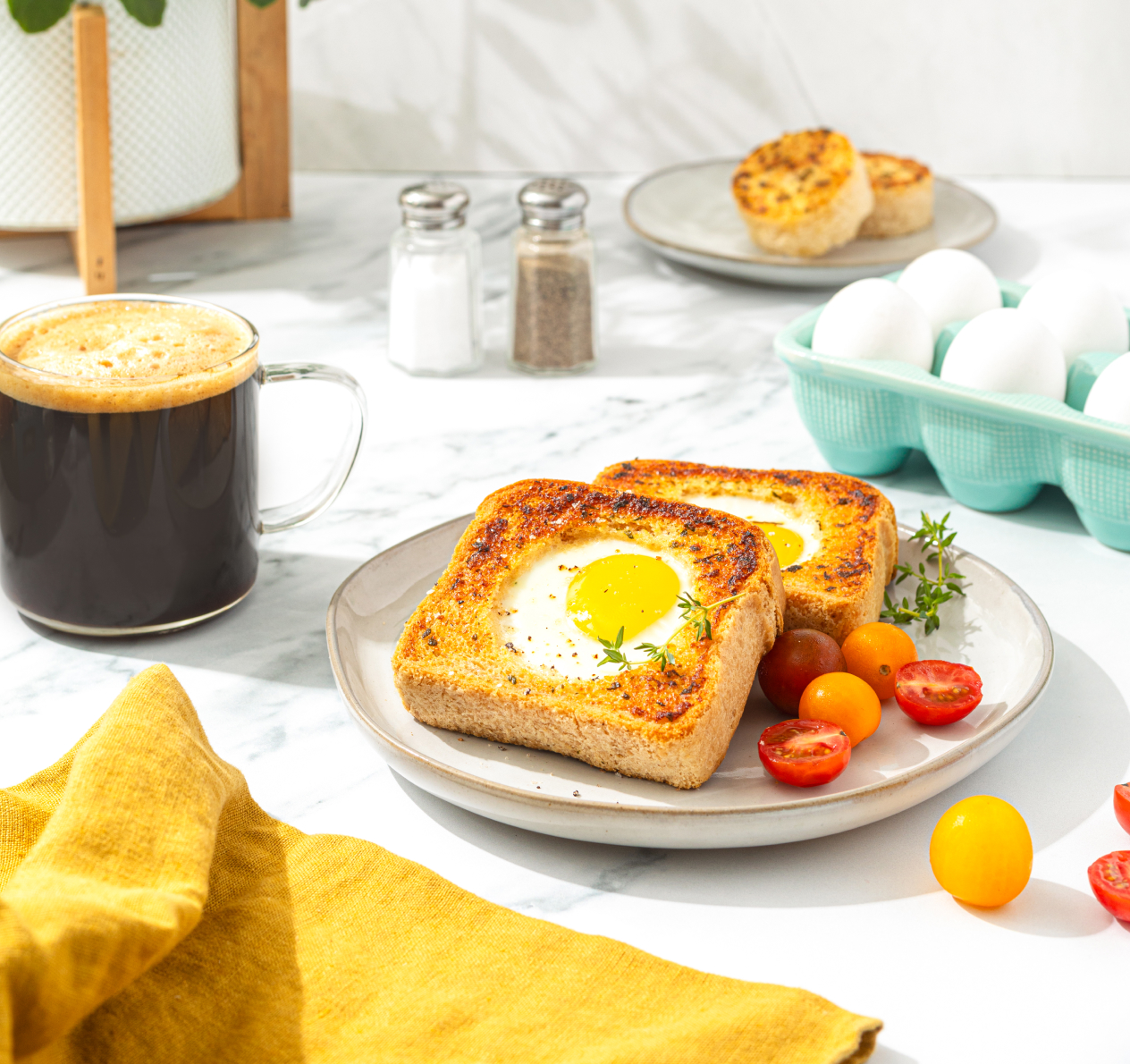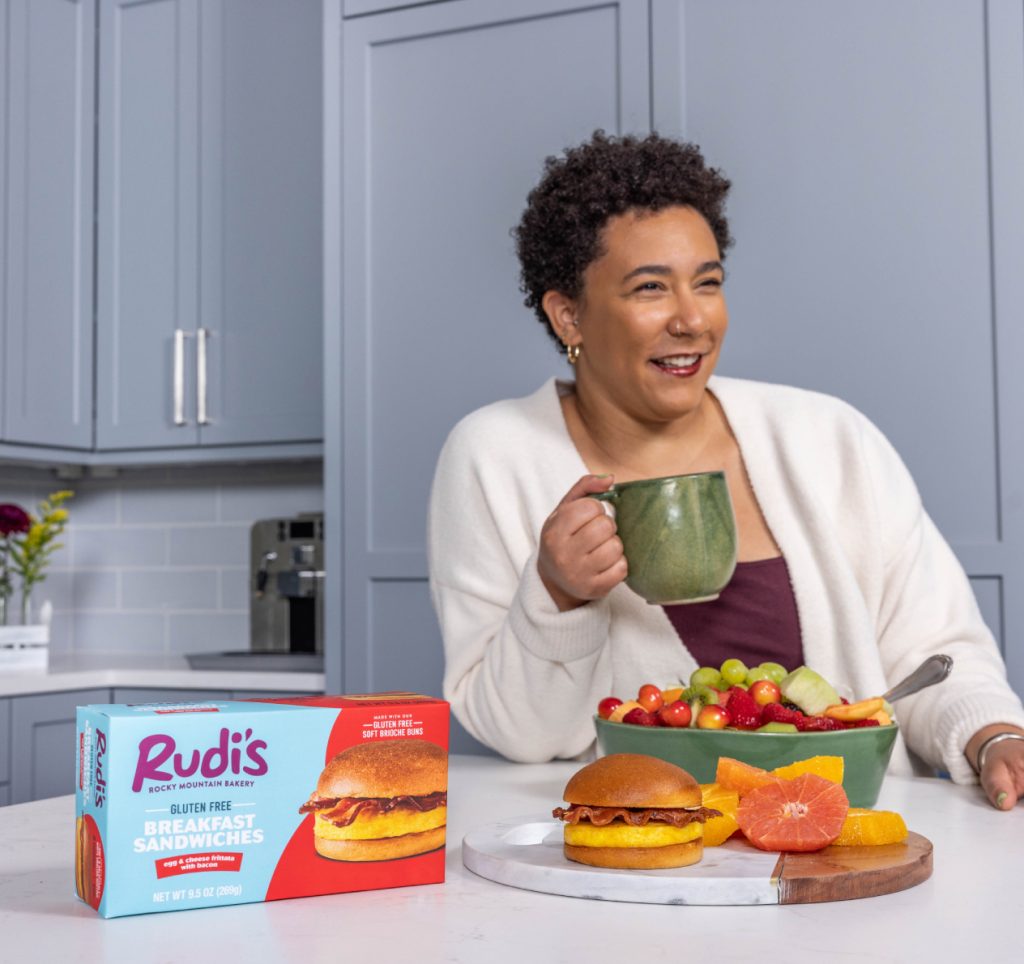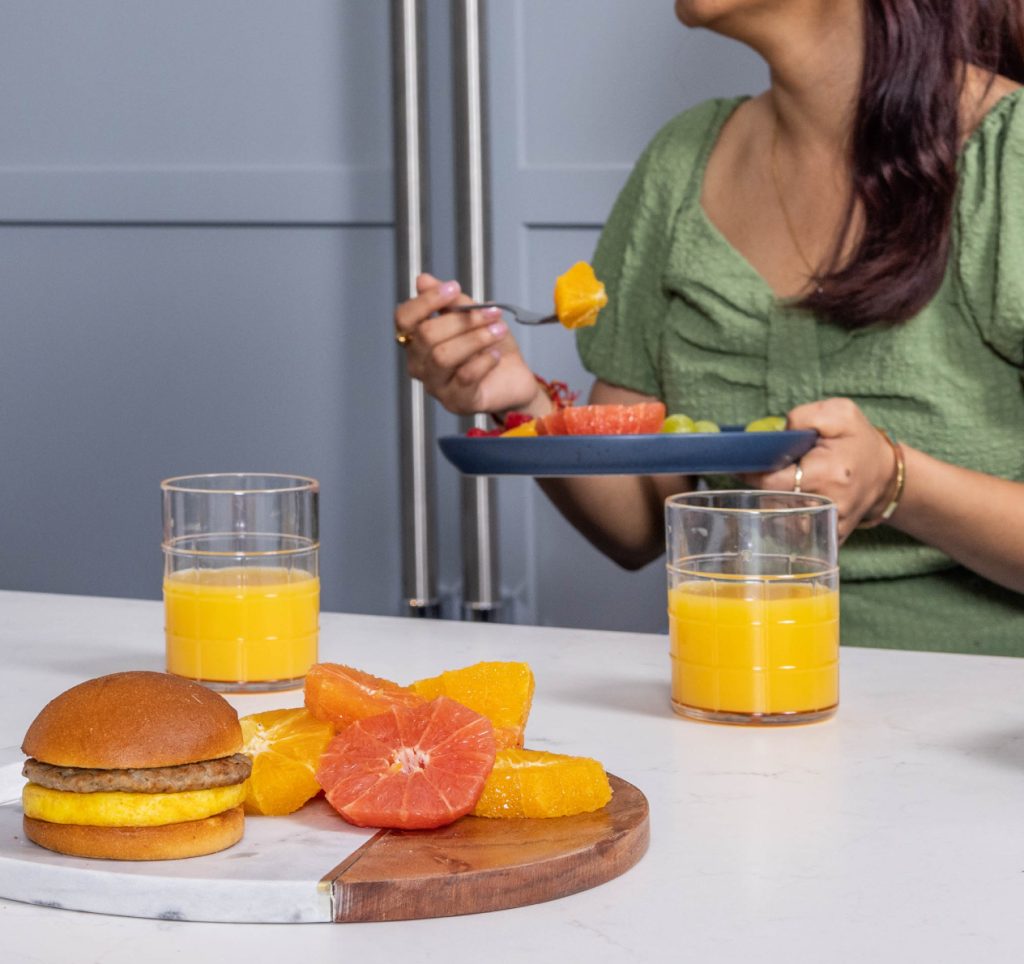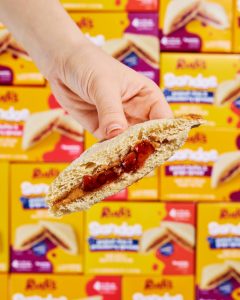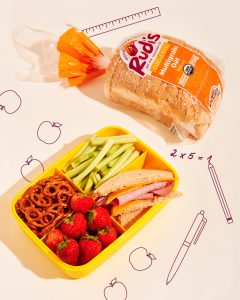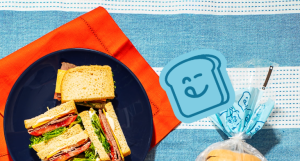Psychologists and health experts in books, podcasts, and social media often cite the importance of “creating a morning routine.” And any parent or teacher knows the power of routine for helping children positively navigate the hours of the day.
Even though creating a routine for morning seems rather simple, it actually takes time and practice to get the swing of it and reap the benefits for the rest of the day. Here’s what our dietitian has to say about the importance of routine and how creating one can help you master your mornings.
Benefits Of Routine For A Productive Morning
A routine is a regular set of actions that is repeated often, usually daily, in the same order. Different from morning habits, which become automatic and mostly triggered by a cue, routines are more intentional. Here are some reasons they are beneficial:
- Routines help you meet goals. If you’d like to stop hitting the snooze button, feel more organized, increase your energy levels and well-being, get more done, or feel less stress, a routine can help with that. A perfect morning routine will set you up for success for the entire day. It will help you put your goals and dreams into action. And when there’s a positive outcome from your actions, you’re more likely to stick with it.
- Routines give your brain a rest. Daily routines are meant to be predictable. By creating a series of actions that is repeated often, your brain can take a break from the constant decision making about what you’ll do next. In other words, a routine is a predetermined set of actions and requires very little brain power. When you’re in a routine, your brain has more headspace to concentrate on other tasks and decisions.
- Routines give you purpose, meaning, and less worry. Having some built-in structure to parts of your day is a wellness strategy that can help you feel accomplished. It can also make you more adaptable to the unknowns that always come up. Another positive? Some psychologists believe that routine can relieve the brain from being overcome by detrimental worry since you’ve already established some solutions and accomplished something.
How to Create A Morning Routine
Even if you’re not a morning person, setting an early morning routine can be a life-changing plan that leads to other healthy habits. Every part of your routine should come with a “what” and a “why”.
For example: “For my morning routine, I’m going to drink water when I wake up [the what] … because it helps me hydrate and increases my daily water intake [the why].”
Next, think of your routine as a series of steps that help you achieve those things you do every single morning, such as brushing your teeth, getting dressed, eating breakfast, and packing your bag for school or work. When developing your morning routine, here are some strategies that work:
- Identify your main goal (your big why). Pinpoint the main reason you need some structure. Say your main goal is to be less stressed in the mornings. This is appealing to you because you know that getting out of the house with less stress will help you have a more positive outlook on the whole day. Once you’ve identified your big “why,” your list of “what’s” will come easier.
- Be mostly consistent with timing and order. While you don’t need to have your routine timed down to the nanosecond, the benefit of a good morning routine comes from actions that are accomplished at a similar time each day and in a similar order.
- Cluster similar tasks. Write out your list of routine tasks in a way that will move you physically through your home in an efficient flow. For example, complete all bathroom tasks before moving on to bedroom tasks, and then on to kitchen tasks.
2 Great Morning Routine To-Do Lists
Only you will know the healthy morning routine that will best meet your goals for a healthy, happy, or productive day. You can even cluster a few different routines to help you achieve and organize your time while avoiding procrastination. Here are some examples:
Goal: Exercise in the mornings
Why: Morning exercise helps me feel more energized for the day, creates work-life balance, and my wake-up time is the best time of the day for me to fit in a workout.
Example Morning Routine:
- Wake up and put on work-out clothes
- Drink a glass of water and eat a small healthy breakfast
- Say two positive affirmations to myself
- Play upbeat music playlist as I drive to workout class
- Make a post workout smoothie
Goal: Feel less stress in the mornings
Why: Being less stressed in the mornings helps me to feel more calm and organized throughout the day and it helps my family get out the door for work and school in the most positive way.
Example Morning Routine:
- Night routine (evening routine before the next day): Set up coffee maker, alarm clock, and bag for work
- Wake up and make bed while taking deep breaths
- Take a shower (maybe a cold shower)
- Complete skincare and brush teeth
- Get dressed for work
- Drink a glass of water and eat breakfast
- Make a cup of coffee to go
- Leave the house by 7:30 a.m.
THE BOTTOM LINE
Routines are powerful tools that can help successful people meet their goals, create predictability, and give more purpose for the rest of your day. When creating a morning ritual, it’s helpful to start by naming the what and why, and then clustering similar tasks together. While routines take some intention and practice, they will become easier over time and give your brain a much-needed break from constant decision making.
Written by Jessie Shafer.
Jessie is a Registered Dietitian Nutritionist living in Colorado where she splits her time among nearby playgrounds, typing away at her trusty laptop, and heating up her home kitchen with delicious experiments. A former magazine editor-in-chief, Jessie has a long career in food publishing and health writing. She is currently the editor at The Real Food Dietitians and a nutrition consultant through her business crdible.

